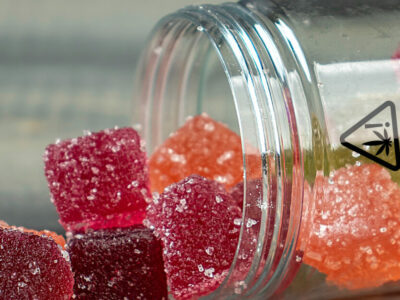It’s a question that likely most parents begin to dread when their children make it into their teenage years: “Mom, Dad, did you do drugs?”
It can be an uncomfortable situation for a parent that has used drugs – do you lie to your child or admit that you did and leave them thinking that maybe it’s okay for them to try drugs?
Unfortunately, experts have not come to a consensus about this topic. A 2013 study from the University of Illinois surveyed 561 middle school students and found that parents that had talked to their children about their past drug use were more likely to have tolerant attitudes toward drug use. This is contrary to earlier studies that found the exact opposite. A 2009 study by Ipsos Public Affairs found that teens were less likely to use drugs if their parents had shared past drug use with them.
When deciding whether you should talk to your child about your history with drug use, here are a few things to consider…
- Drugs have changed since you were in high school.
Marijuana is, on average, more potent than it was in the 70’s. Harder drugs are now often laced with dangerous narcotics. If you choose to speak to your child about your past drug use, it is worthwhile to stress that drugs are a new, more potent animal now.
- Children with supportive parents are less likely to use drugs.
Studies show nurturing a warm, supportive, open relationship with your child is a way to reduce the likelihood that your child will experiment with drug use. Being open and honest with your child is one way to engender trust and credibility. If a child can see how you struggled or people around you struggled with drug use, it humanizes the problem so they can understand the repercussions.
- Not everybody does it.
If, on the flip side, you’re a parent that hasn’t used drugs in the past, it can be helpful to tell your child this so that they know that not “everybody does it”. However, some children will read this as an adult not understanding the peer pressure they’re under so try to stress that you understand where they’re coming from.
- Don’t just talk. Listen to your child.
At the end of the day, it’s important to realize that this conversation is less about your indiscretions and more on whether or not your child will decide to experiment with drugs. With that in mind, it is important to listen to your child and only answer the questions that they are asking. Ask how they’re feeling, what they’re experiencing, if they know anyone that uses drugs. Get a feel for their social landscape.
- You can be a role model for your child.
President Obama created a stir last year when he admitted to a group of teens that he had used marijuana in the past. This can be a powerful moment for your child to see someone who has been in their shoes that is now a successful adult.


